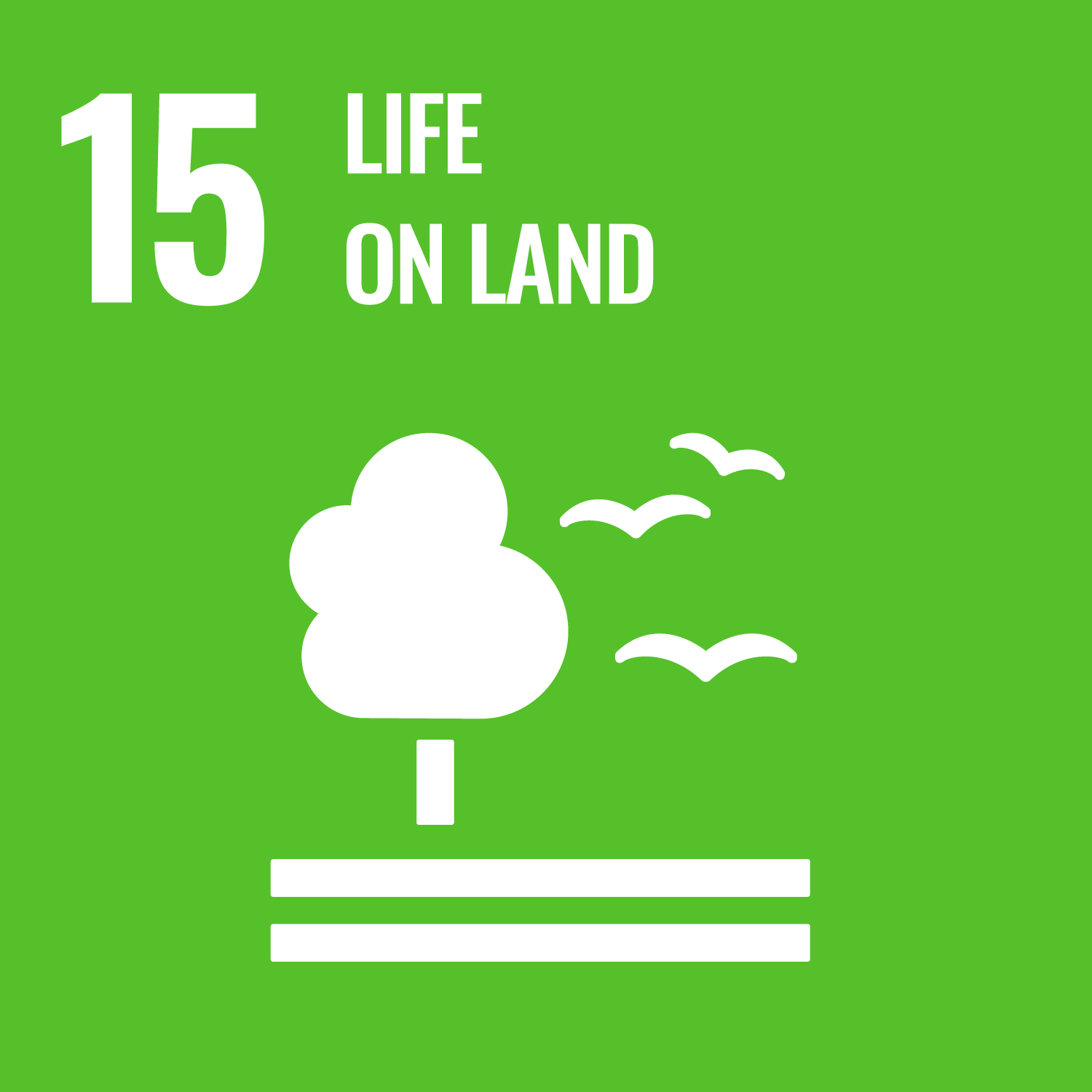

2022-2023
The babaçu palm is a species of palm that guarantees the base of the extractive economy of thousands of families, mainly in the Brazilian States of Maranhão, Tocantins, Pará and Piauí. The extractive exploration system of collection, transport and manual breaking has many inconveniences, due to the drudgery of work to which the coconut breakers are exposed, in addition to the low productivity and remuneration. As a result, this activity has been losing importance among new generations in rural areas and has been abandoned by families.
Past experience from coconut crackers in other Brazilian states shows that it is possible to turn babaçu into a business. However, the economic depression in the region, as result of the COVID-19 pandemic, requests for a more robust and immediate response to be able to support new generations of agro-extractivists entrepreneurs, generating employment and income from babaçu to save the ways of living of this rural communities.
Boost technological transfer to support agro-extractivist communities
The project is aimed at generating income and supporting agro-extractivist communities entering the market by developing and transferring technologies for the full use of babaçu, with good practices and appropriate inputs for production, processing and marketing of products.
This proposal seeks to combine traditional and technical-scientific knowledge in order to consolidate the babaçu potential for innovation and entrepreneurship. To this end, it is proposed to create the Babaçu Technological and Cultural Reference Center in order to develop products and processes on a scale compatible with the use of babaçu coconut breakers and their productive capacity, in addition to strengthening the socio-cultural identity of women in the sector and their generational succession.
FAO “4 Betters” Strategic Framework

Better Life

Better Production
Sustainable Development Goals








